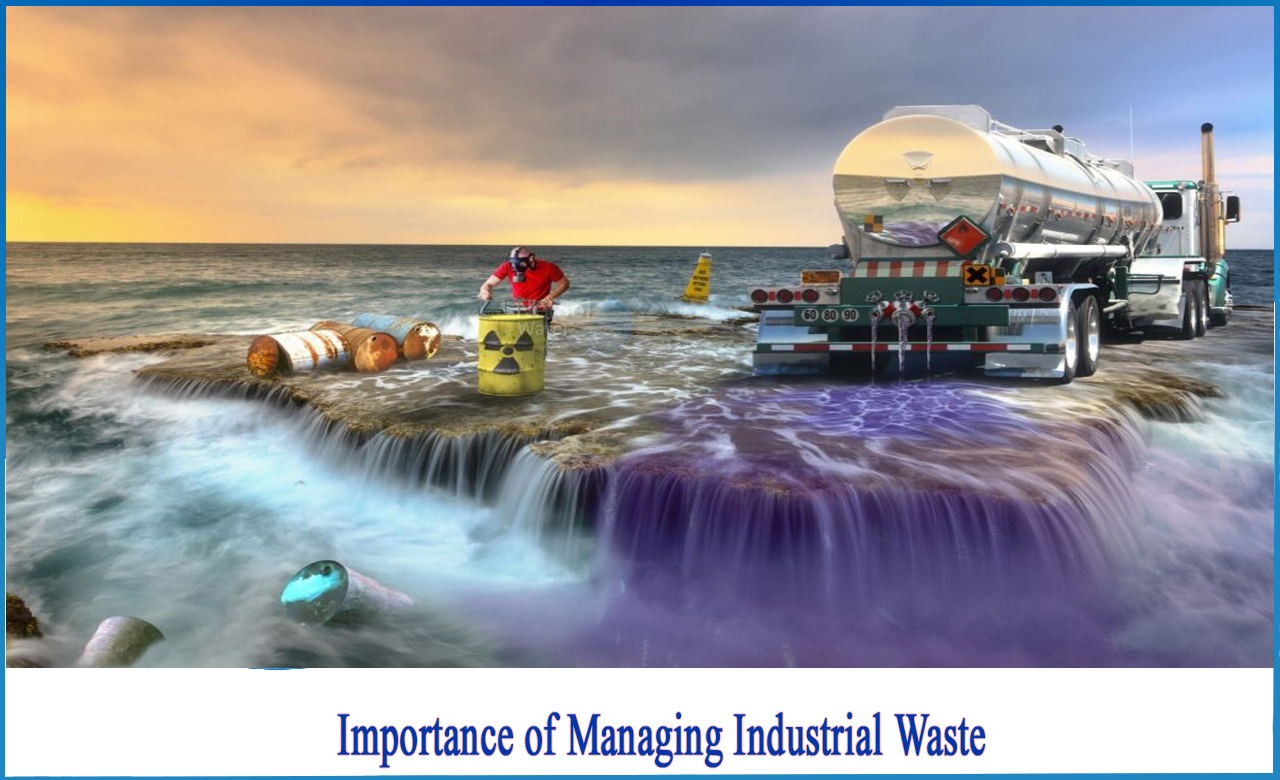What Does Reclaim Waste Mean?
What Does Reclaim Waste Mean?
Blog Article
Little Known Questions About Reclaim Waste.
Table of ContentsEverything about Reclaim WasteThe smart Trick of Reclaim Waste That Nobody is Talking AboutNot known Incorrect Statements About Reclaim Waste Facts About Reclaim Waste UncoveredGetting My Reclaim Waste To Work
Residential sewage waste refers to the waste and products from a household septic storage tank. The appropriate monitoring and disposal of domestic sewage waste require fluid waste to be moved to a sewer therapy plant where the appropriate approaches and equipment are used to cleanse and dispose of waste.
Business waste typically consists of possible threats, such as combustible products or a mixture of fluid and solid waste products, and calls for an advanced and detailed disposal procedure. The disposal of commercial waste usually includes the filtration of waste prior to transportation to make certain safe and correct disposal. Hazardous waste is developed from by-products and drainage of commercial procedures and manufacturing.
This sort of waste can not utilize the exact same sewage administration transport or procedures as septic or commercial fluids. The hazardous waste administration process calls for the assessment and screening of liquid waste before it undertakes the disposal process (liquid waste disposal). Runoff waste is the liquid waste that comes from drainage and excess stormwater in very inhabited areas or cities
Drainage waste can create contamination and flooding if not dealt with correctly. Discover extra about sewer cleaning and waste administration. Making certain proper waste monitoring can avoid disasters and lower ecological injury. Both individuals in property settings and specialists in industrial or production markets can gain from recognizing the procedures and regulations of liquid waste management.
8 Easy Facts About Reclaim Waste Shown
Get in touch with PROS Providers today to discover our waste monitoring and disposal solutions and the correct methods to take care of the fluid waste you produce.
(https://www.slideshare.net/leonaube33101)Do you recognize what occurs to your water when you end, purge the bathroom or drain the cleaning equipment? No? Well, it's worth knowing. This supposed 'wastewater' is not only a vital resource however, after therapy, will be launched to our land, rivers or the ocean. Utilized water from bathrooms, showers, baths, cooking area sinks, laundries and commercial procedures is recognized as wastewater.

water made use of blog here to cool down machinery or clean plant and tools). Stormwater, a kind of wastewater, is drainage that flows from agricultural and urban areas such as roof coverings, parks, gardens, roadways, paths and seamless gutters into stormwater drains pipes, after rainfall. Stormwater flows unattended directly to local creeks or rivers, ultimately getting to the ocean.
Not known Details About Reclaim Waste
In Queensland, most wastewater is dealt with at sewage therapy plants. Wastewater is transported from domestic or industrial sites with a system of sewers and pump terminals, known as sewage reticulation, to a sewage therapy plant.
The Division of Natural Resources encourages regional federal governments concerning managing, operating and keeping sewerage systems and treatment plants. In unsewered locations, regional governments might call for owners to set up private or family sewage therapy systems to treat residential wastewater from bathrooms, kitchen areas, restrooms and laundries. The Department of Natural Resources authorises using home systems when they are shown to be efficient.
Many stormwater gets no treatment. In some new subdivisions, therapy of some stormwater to remove litter, sand and gravel has begun utilizing gross contaminant traps. Wastewater treatment occurs in 4 stages: Removes strong matter. Bigger solids, such as plastics and other things wrongly discharged to sewers, are removed when wastewater is passed through screens.
Wastewater then flows into large containers where solids settle and are removed as sludge. Oil and scum are skimmed from the surface area. Makes use of little living organisms referred to as micro-organisms to damage down and get rid of remaining liquified wastes and fine particles. Micro-organisms and wastes are incorporated in the sludge. Gets rid of nitrogen and phosphorus nutrients that might create algal blossoms in our waterways and endanger water life.
5 Easy Facts About Reclaim Waste Described
Nutrient elimination is not readily available at all sewage therapy plants due to the fact that it needs costly specialized equipment. Clear fluid effluent produced after therapy might still consist of disease-causing micro-organisms - liquid waste disposal melbourne.

The majority of wastewater streams into the sewage system. Under the Act, neighborhood governments provide authorizations and permits for environmentally relevant tasks (ERAs) involving wastewater launches that may have a regional effect.
What Does Reclaim Waste Mean?
Or else, samples are considered laboratory evaluation. Typically several tests are required to establish the levels of each of the various toxins such as oils, heavy steels and pesticides in water. Tracking gives valid information about water quality and can confirm that permit conditions are being fulfilled. The details acquired through monitoring provides the basis for making water quality decisions.
Report this page